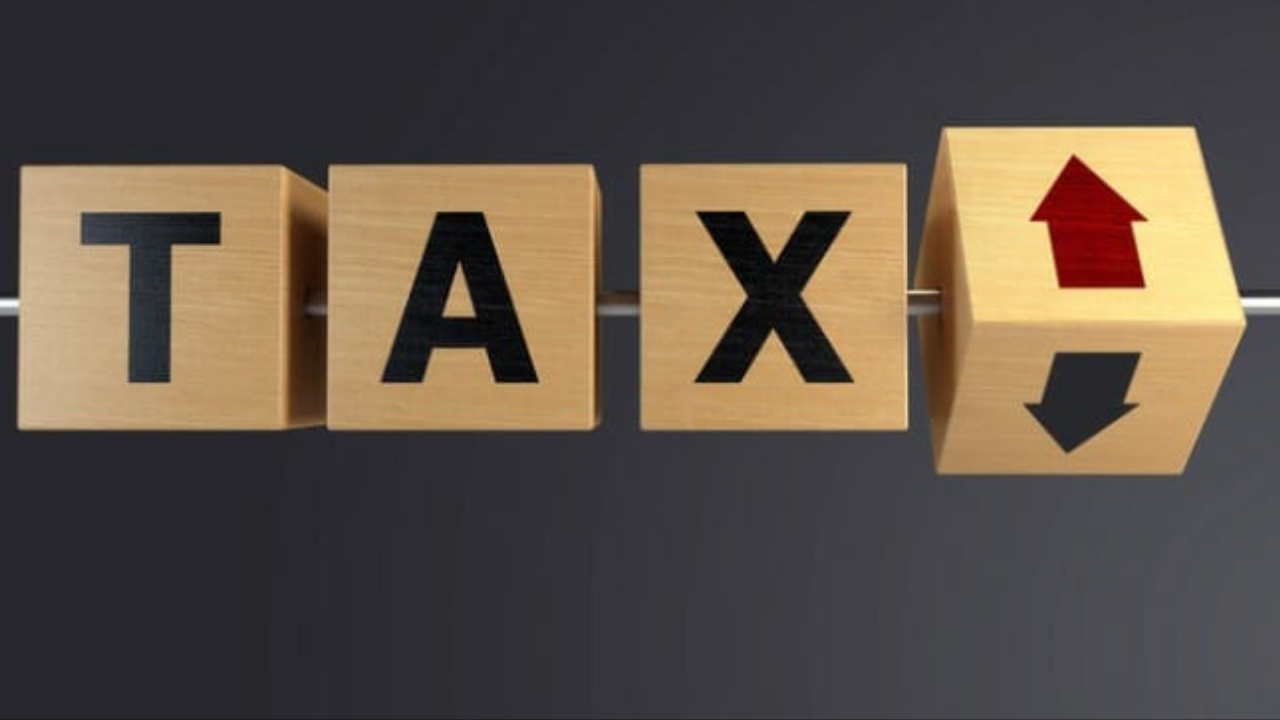Progressive tax rates, where individuals are taxed at increasing rates based on their income, are often touted as a fair way to distribute the tax burden. However, there are several reasons why this system can actually be detrimental to poor people. From stifling economic growth to discouraging hard work and innovation, progressive taxes can create more harm than good, particularly for those at the lower end of the income spectrum.
1. Economic Growth and Job Creation
One of the fundamental arguments against progressive tax rates is that they hinder economic growth and job creation. When higher earners and businesses face steep tax rates, they have less incentive to invest and expand. This leads to slower economic growth and fewer job opportunities, which disproportionately affects poor people who rely on a robust job market to improve their economic situation.
2. Investment and Innovation
Progressive taxes deters investment and innovation, which are crucial for economic development. High-income individuals are often the ones who invest in new businesses and technologies. By taxing them heavily, the government reduces their disposable income and discourages risk-taking. This results in fewer startups and technological advancements, which could have created jobs and economic opportunities for the poor.
3. Work Disincentives
A progressive tax system creates disincentives for hard work and upward mobility. If individuals know that earning more money will push them into a higher tax bracket, they might be less motivated to work overtime, seek promotions, or start their own businesses. This lack of incentive can trap people in low-paying jobs and stifle their economic progress.
4. Administrative Complexity
The complexity of a progressive tax system also becomes a burden for the poor. Filing taxes becomes more complicated and expensive, requiring professional help that many low-income families cannot afford. This leads to mistakes, penalties, and unclaimed benefits, making the tax system more regressive in practice.
5. Government Dependency
Progressive taxes often fund extensive social welfare programs. While these programs are designed to help the poor, they can sometimes create a dependency on government aid, discouraging individuals from seeking employment and self-sufficiency. A simplified tax system, coupled with targeted assistance programs, can encourage personal responsibility and economic independence.
6. Hidden Costs and Inflation
High tax rates on businesses and wealthy individuals can lead to higher prices for goods and services, as companies pass on their tax burden to consumers. This can result in higher living costs, which disproportionately affect the poor who spend a larger share of their income on basic necessities.
7. Fairness and Equity
Everyone should pay a fair share, but a system that taxes higher earners at significantly higher rates can be seen as punitive and unfair. A flat tax rate ensures that everyone pays the same percentage of their income, which can be perceived as more equitable. This approach encourages everyone to contribute to the system without penalizing success.
8. Charitable Giving
Higher tax rates can also reduce charitable giving. Many high-income individuals donate a significant portion of their income to charitable causes. If their disposable income decreases due to higher taxes, their capacity to give diminishes. Charities and non-profits that support low-income communities could suffer as a result, reducing the support available to the poor.
While the intention behind progressive tax rates is to create a fairer society, the reality is that they can create numerous unintended consequences that hurt the very people they aim to help. By discouraging investment, innovation, and hard work, and by creating economic inefficiencies and dependencies, progressive taxes do more harm than good. A simpler, flatter tax system, as advocated by many conservatives, can provide a more stable and conducive environment for economic growth, job creation, and upward mobility, ultimately benefiting poor people more effectively.

